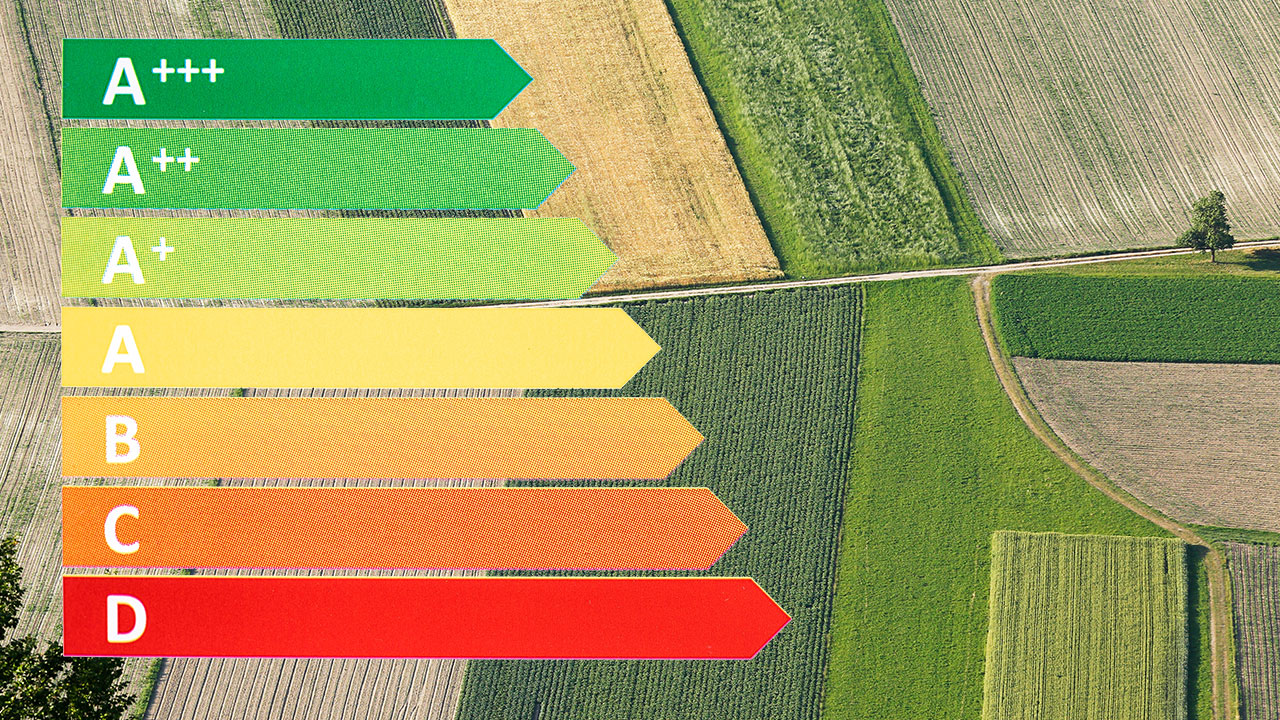
Sustainability assessment of agricultural systems - challenges and perspectives
- Project team:
Arnold Sauter (Project manager)
Rolf Meyer (Project manager ITAS) - Thematic area:
- Topic initiative:
Committee on Food and Agriculture and Committee on Education, Research and Technology Assessment
- Analytical approach:
TA project
- Startdate:
2017
- Enddate:
2021
How well can we measure the impacts of different agricultural systems? And which approaches to sustainability assessment of agricultural systems are suitable to serve as an orientation framework for economically viable, socially and environmentally compatible agricultural and environmental policies?
sprungmarken_marker_1803
Subject and objective of the project
In Germany and in the European Union, agriculture is subject to continuous structural change towards more specialised and larger farms. In this context, there is an ongoing controversial debate on which farm sizes and forms of agriculture best match a sustainable agriculture.
Previous approaches for sustainability assessment in the field of agriculture have focused on individual farms on the one hand and on the agricultural sector as a whole on the other hand. Aggregation levels in between have hardly been examined so far. In recent years, numerous publications with comparisons between organic and conventional production methods appeared in which various sustainability aspects have been examined. An exemplary review of the state of knowledge on a comparative sustainability assessment of organic and conventional agriculture is also relevant for the debate on agricultural policies. The Office of Technology Assessment at the German Bundestag (TAB) was been commissioned to examine which approaches for a sustainability assessment of farming systems appear to be appropriate to serve as a framework of orientation for an economically viable as well as socially and environmentally sustainable shaping of agricultural and environmental policies. Particular attention was paid to existing obstacles resulting i. a. from insufficient data and to the options required to overcome those obstacles.
Key results
The project included three core aspects: firstly, a presentation of the structural change in agriculture in Germany and other European countries; secondly, a survey and analysis of the state of sustainability assessment of farms and the agricultural sector in Germany; and thirdly, a review of the state of knowledge on comparisons of organic and conventional agriculture as an example of a comparative sustainability assessment of agricultural systems.
The description of the structural change in agriculture is divided according to different characteristics. Possible interrelations between farm structure characteristics and sustainability are discussed, with a special focus on the understanding of rural and industrial agriculture in the societal debate. Existing sustainability assessment systems for individual farms are presented and compared. Apart from that, approaches to sustainability assessment of agricultural value-added chains and products as well as for the agricultural sector as a whole are analysed. The large number of comparative studies on organic and conventional agriculture is evaluated in detail with regard to their informative value and the gaps involved. Moreover, they have been examined with regard to the economic, social and ecological dimensions of sustainability. Potential data sources for future more comprehensive comparisons of cultivation systems are presented. The derived options for policy shaping are directed towards initiating a political dialogue on the concept of sustainability in agriculture, intensifying research on the sustainability assessment of agricultural systems, and comprehensively surveying sustainability indicators within the framework of bioeconomy monitoring.
Publications
Meyer, R.; Priefer, C.; Sauter, A.
2021. Büro für Technikfolgen-Abschätzung beim Deutschen Bundestag (TAB). doi:10.5445/IR/1000133723
Meyer, R.; Priefer, C.; Sauter, A.
2021, May. Büro für Technikfolgen-Abschätzung beim Deutschen Bundestag (TAB). doi:10.5445/IR/1000133725
Meyer, R.; Priefer, C.; Sauter, A.
2021, May. Büro für Technikfolgen-Abschätzung beim Deutschen Bundestag (TAB)
In the Bundestag
- Vorgang - Bericht, Gutachten, Programm in the Documentation and Information System for Parliamentary Materials (DIP)
